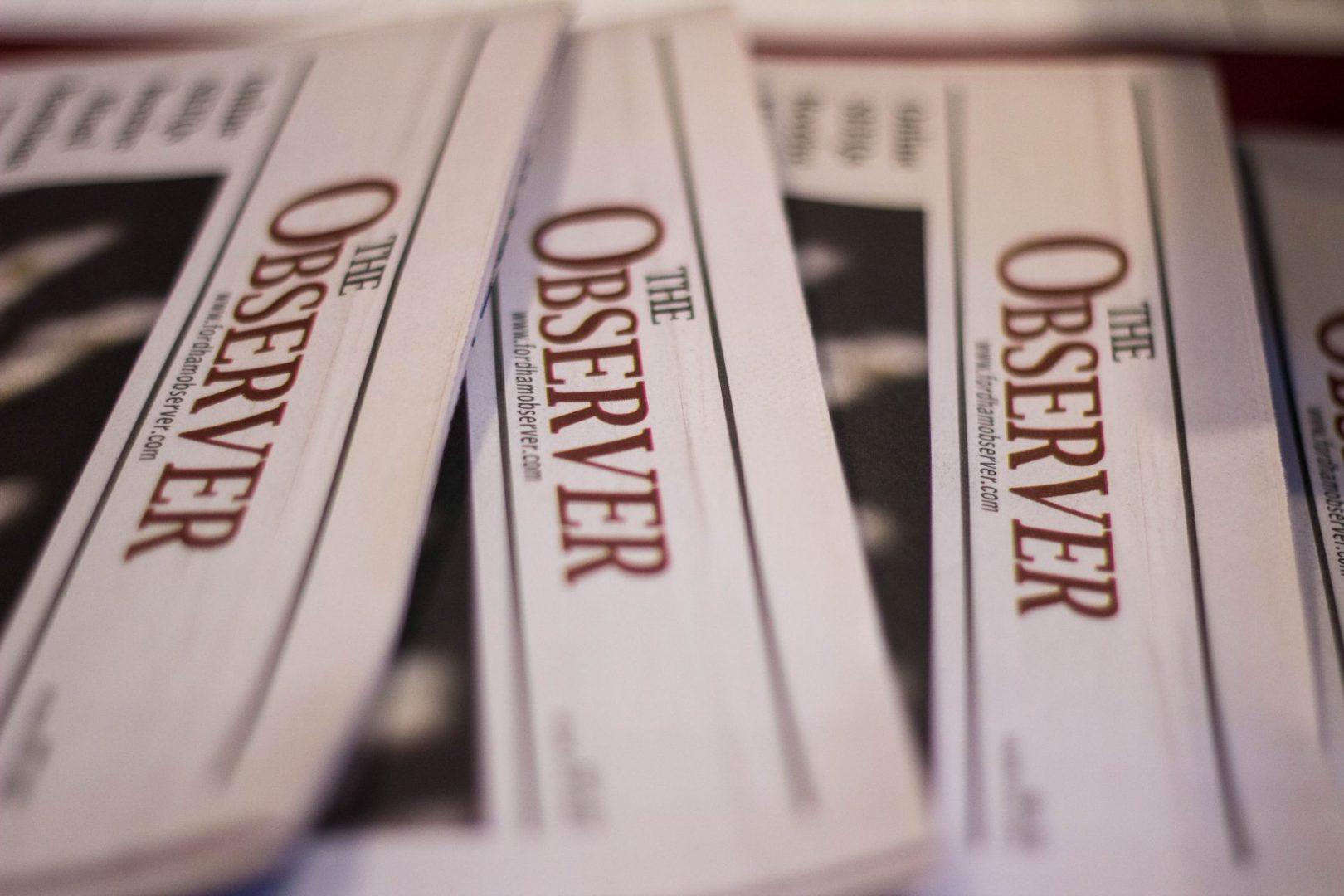Staff Editorial: Rise Above DeVos’s Proposal
December 5, 2018
On Nov. 16, United States Secretary of Education Betsy DeVos proposed new rules that would roll back fundamental Title IX protections for rape and sexual assault victims. The proposed regulations would reduce what counts as sexual harassment to an act “so severe, pervasive, and objectively offensive that it effectively denies a person equal access” to education.
This proposal lies in stark contrast to the existing definitions and protections of Title IX as it serves to reduce sexual misconduct liability for schools. It paints sexual misconduct with a dangerously wide brush, and it leaves more students behind than it claims to uplift.
Secretary DeVos, your proposal is not a good fit for Fordham.
Your proposition stipulates that the misconduct must occur at a school-sponsored program or activity. This point could make protections for victims of off-campus sexual assault more difficult to implement. Approximately half of Fordham Lincoln Center students are commuters, and by constraining Title IX and sexual misconduct cases to the confines of our school’s campus, you fail to acknowledge that students who attend city-based schools spend a majority of their time off campus.
Under your proposal, schools would only be liable in cases where staff members of an institution receiving federal aid had “actual knowledge” of the misconduct taking place. Students and teachers are “third parties” within this strict interpretation of Title IX, and their misconduct only matters if their institution chooses to recognize it.
As for Fordham, the university should have a broader definition of sexual harassment than that of the federal government. While sexual harassment cases are often complex, they cause great trauma on their victims. As students, our school is an integral part of our lives and, therefore, should bear the responsibility of protecting us, regardless of whether any staff members know about the harassment.
DeVos’s proposed definition for sexual misconduct is a loophole artist’s dream with no room for the nuance that accompanies cases of this nature without fail. A student shouldn’t have to prove that they are traumatized to be validated; support from their university is far better than immediate, upfront skepticism.
For members of the university community, Fordham is a second home, not a court of law. A university blind to subtlety and unreceptive to the complicated situations of its students is home to no one.
By the nature of being a private institution that receives federal aid, Fordham has legal leeway with the implementation of these proposed rollbacks in Title IX protections. However, University President Rev. Joseph M. McShane, S.J., has yet to address Fordham’s plan of action in response to these proposals. Though perhaps such a laissez-faire Title IX proposal would relieve pressure on the university, this is only good for Fordham’s reputation and bottom line. The Fordham community is absent from this equation; a “third party” that deserves more support, not less.
Colleges and universities across the nation are raising young adults to be productive citizens. As we progress toward revealing the full scope of sexual harassment and assault in America, a roadblock in the name of cold, corporational egalitarianism is not what either the nation or Fordham University needs.
Betsy DeVos has presented Fordham with a difficult decision: one that may very well hurt more students than it helps. The university, in turn, must employ a different calculus — one of Jesuit values and compassion — and act with every last student in mind.












